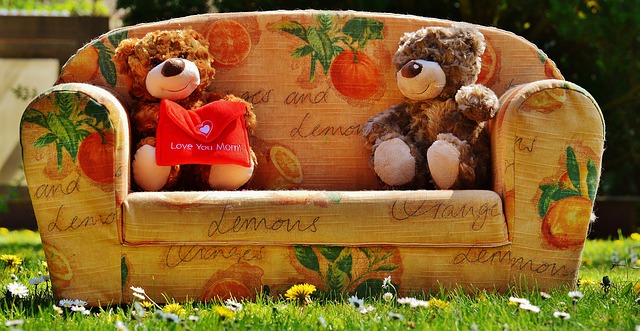
Gratitude may crop up on Thanksgiving, but it’s not necessarily something anxious children – or even adults – practice on a regular basis. Even Christmas has largely turned into more of a commercial spending spree than a chance to show appreciation for the gifts received.
Practicing gratitude on a regular basis, regardless of the time of year, can do amazing things for your anxious children as well as yourself. Gratitude has been shown to:
- Combat the selfish message of popular culture
- Uplift the spirit and improve health
- Grow bonds between others as well as the community
- Enhance empathy and decrease aggression
- Improve self-esteem
- Enhance sleep
- Reduce stress and help people overcome trauma
How Children Learn Gratitude
Parents play a huge role in teaching gratitude to their anxious children, and the biggest lessons come by way of example. That means ungrateful parents who may have grown up in the modern atmosphere of entitlement and selfishness may be unwittingly passing along that same attitude, resulting in ungrateful children.
Making a concerted effort to change your own attitude from one of entitlement to one of gratitude can automatically teach your children to be grateful and gracious themselves.
How Parents Can Pass Along Gratitude
Exhibiting an attitude of gratitude can be done in a number of ways. The key is to keep on practicing gratitude on a daily basis until it becomes a natural habit.
Say ‘Thank You’ to Your Children
Saying thank you to your anxious child can be a powerful way to show gratitude. It not only helps your child recognize gratitude in others for something they’ve done, but it reinforces they have done something good. When doing something good is met with such appreciation, they’ll be more likely to regularly do more good things as they move forward through life.
Engage in Acts of Kindness
Whether you donate to a local charity or offer a neighbor a ride to the store, regularly engaging in acts of kindness is another way to lead by example. And it’s not to teach your anxious child that gratitude means giving all your time and money to others, either.
Your child will instead see the reactions, attitudes and behaviors that result from your acts of kindness. This allows them to better show gratitude themselves.
Embrace Gratitude as a Feeling
One more tip is to emphasize that gratitude is about much more than saying “Thank you” for the good things received. It’s about the wonderful feeling you get in your soul when you truly appreciate the good you’ve been given.
Here you can ask your anxious child if they feel happy to get all the good things in their lives, and ask them to explain how that happiness makes them feel inside. You can then both sit quietly for a few minutes, basking in that wonderful feeling.
Keep up daily gratitude practices and that wonderful feeling can be a daily part of life, both for you and your anxious child.
SOURCES:
- https://www.psychologytoday.com/us/blog/what-mentally-strong-people-dont-do/201504/7-scientifically-proven-benefits-gratitude
- https://biglifejournal.com/blogs/blog/grateful-children-printable-challenge
- https://greatergood.berkeley.edu/article/item/what_parents_neglect_to_teach_about_gratitude
- https://www.fatherly.com/love-money/teaching-kids-gratitude-strategies-facts/





